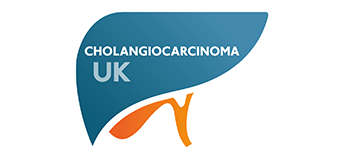AMMF meets Imperial College Research Team
AMMF’s Imperial College Meeting Summary
On Thursday 28 July, a gloriously sunny day in London, AMMF representatives, Helen Morement, Noel Corrigan and Dr Ruth Corrigan, met with the Imperial College cholangiocarcinoma research team to find out what is currently happening in the world of cc research.
Imperial’s cc research team were out in force – Professor Simon Taylor-Robinson, Dr Shahid Khan, Dr Abigail Zabron, Dr Chris Wadsworth, Dr Verena Horneffer van der Sluis, Dr Mohamed Shariff, Dr Nimzing Ladep and Research Nurse Co-ordinator Mary Crossey – our discussions were certainly wide ranging and a summary of the topics covered follows:
Dr Abigail Zabron – Research Fellow
We were delighted to meet Dr Abigail Zabron, who will be taking forward the preliminary work on proteomics and genetics of cholangiocarcinoma from this October, funded by AMMF. All Dr Zabron’s work will be directed to sporadic* cholangiocarcinoma, which is the type that is increasing in incidence here in the UK and in the USA. Dr Zabron is highly experienced in this field and is dedicated to her work. A fuller profile will be coming soon …
(*Opisthorchis – liver fluke – induced cc is the most prolific kind in Thailand where there is the highest incidence of cc in the world, and also appears in other countries – research is being carried out into this specific type of cc in various centres, too.)
We discussed with the group the pooling/sharing of information gained through research and from this discussion a couple of other topics came up:
Shared Samples for Research
Under a new scheme the government is financially rewarding centres who participate in a new shared sample scheme. Research Nurse Co-ordinator Mary Crossey is involved in this on behalf of the cc research team which, on the face of it, should prove extremely useful in their research work. However, collecting samples from various centres throughout the country is proving a bigger task than initially thought as a daunting amount of paperwork has to be completed every time. Although initially seeming attractive, the costs involved in this make the ‘reward’ less attractive – so it remains to be seen if this will be a helpful move.
Research in Thailand
Professor Simon Taylor-Robinson visited Thailand earlier this year, and met with his counterparts to discuss research collaboration. The collection of blood samples for use in UK research was agreed, and this has begun.
Transplantation / Visit to the Mayo Clinic
Many of us are interested in the progress of the Mayo Clinic as they are one of the few institutions in the world offering liver transplantation for bile duct cancer (for carefully selected patients, and following a strict protocol), using living donors as well as donated whole organs. Here in the UK, transplantation is simply not an option for cc patients – with unclear/unproven statistics, lack of donor organs, and the cost to the NHS, being amongst the reasons cited for this.
(Dr Wadsworth’s award to undertake this trip came from St John Ambulance – amazing to learn that they support research amongst their other good works!)
Dr Wadsworth will be moving back into clinical practice later this year, but has done sterling work with his cc research – not least the microcoil probe which he has developed as far as he can and is now being handed over to Imperial’s superb Engineering Department for prototypes to be produced so that trials of its use can begin.
Treatment
Following on from our discussion about transplantation, we talked about other current treatments, including the seeming discrepancies between centres on the possiblity of surgery, and how in the US they appear more ready to undertake riskier procedures than here in the UK. The general view was that many surgeons are concerned about their outcome percentages, which are now published, which makes them more cautious about taking ‘chances’.
CyberKnife
We discussed the use of the new, revolutionary radiotherapy technique, the CyberKnife. However, the current thinking from the team seems to be that the jury is still out on this one re its use in the treatment of cc, because of the nature of cc tumours, and because they are often surrounded by such delicate structures. It was felt that more evidence was needed before this would be taken on board for cholangiocarcinoma.
(This is, obviously, the opinion of the Imperial College team, the literature from The Royal Marsden Hospital re their CyberKnife states that it will be used on the liver – although we have asked and not had it confirmed that this would include cc – and we believe that this treatment is being offered to cc patients at private institutions.)
Risk Factors for Cholangiocarcinoma
Dr Khan also reported that the National Guidelines for Diagnosis and Treatment of Cholangiocarcinoma, which he has been working on for some time with a group of leading GI cancer specialists, is almost ready for publication. We definitely look forward to that!
From AMMF’s point of view, we had a very productive meeting, covering a multitude of topics and receiving insightful replies to our many questions – and we are very grateful to the Imperial College team for their dedication and determination to seek out the answers we all hope for …
And finally …
One of the things Professor Taylor-Robinson mentioned in passing is that he is hopeful (very hopeful!) that current proteomic research will lead to cc being detectable in urine – via a simple dip test! Which would have huge implications for the possibility of screening for cc, and could revolutionise the diagnosis process. You heard it here first!







